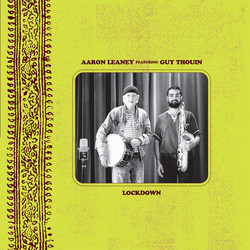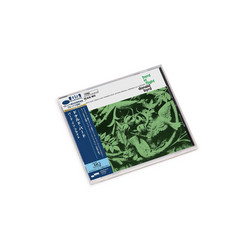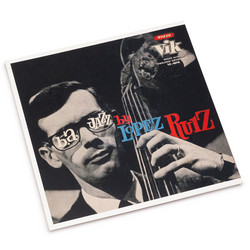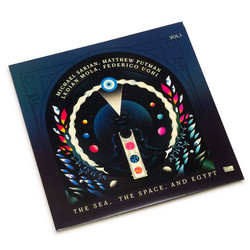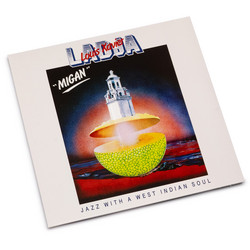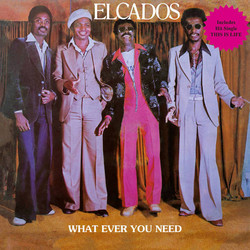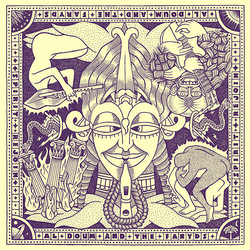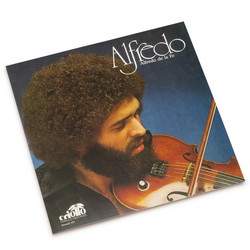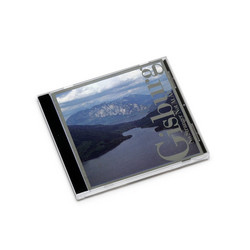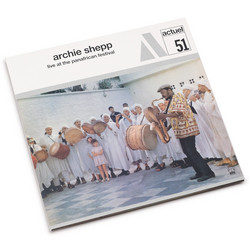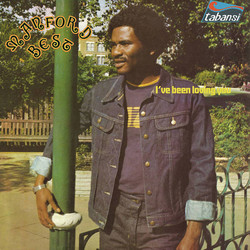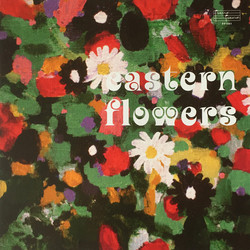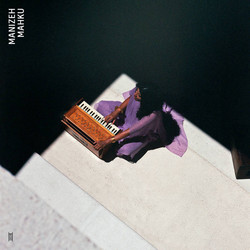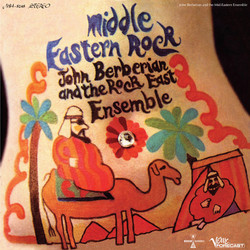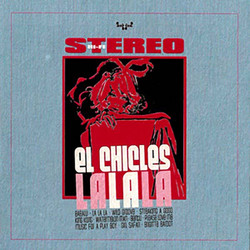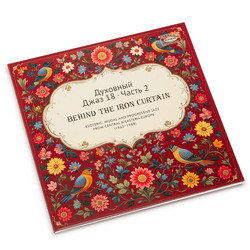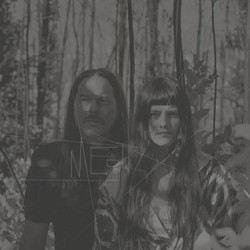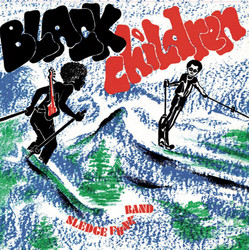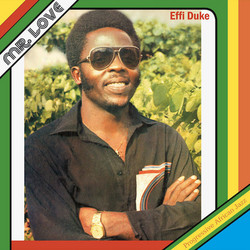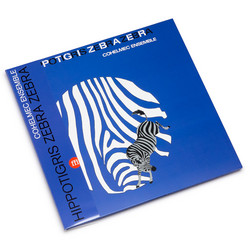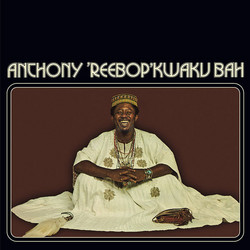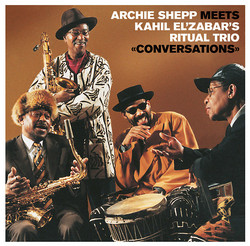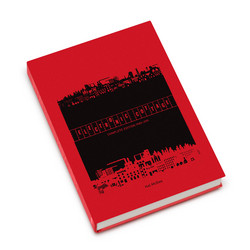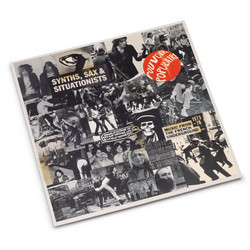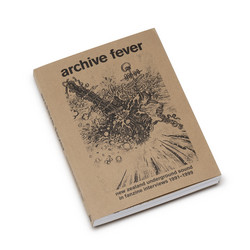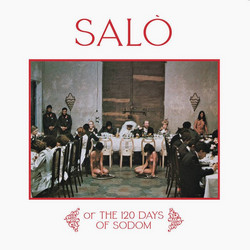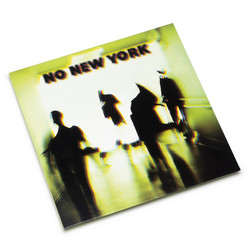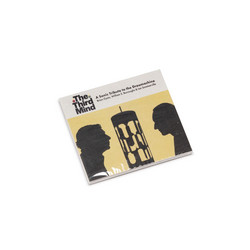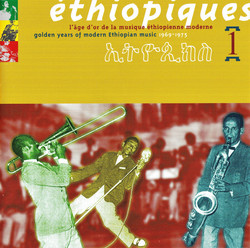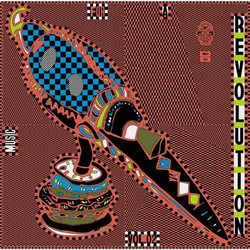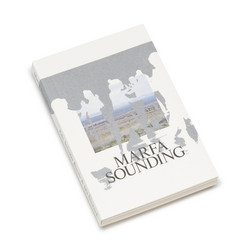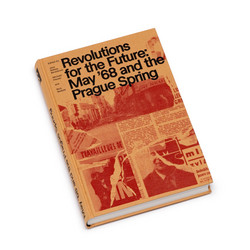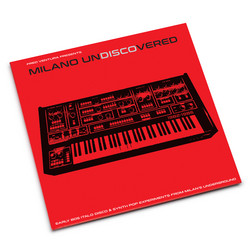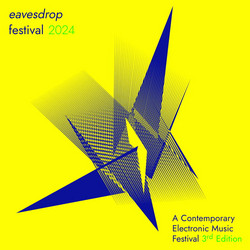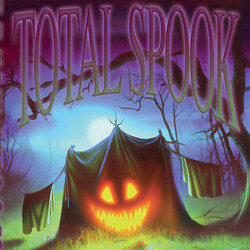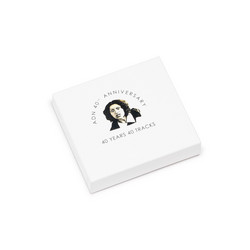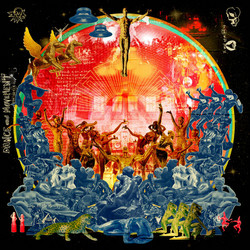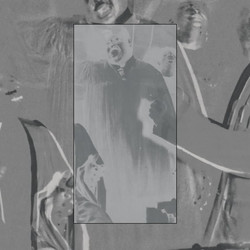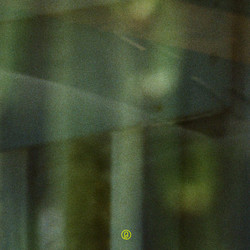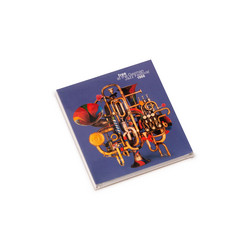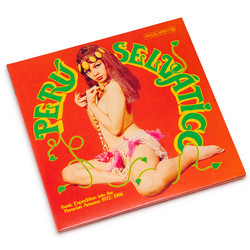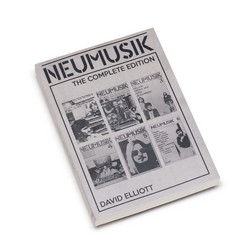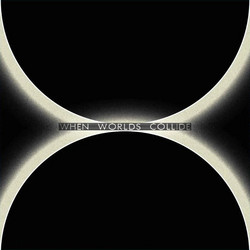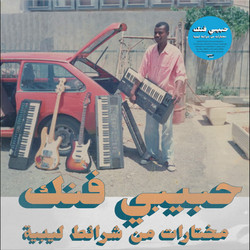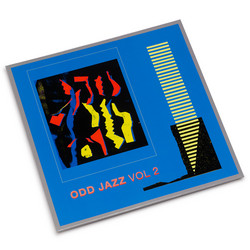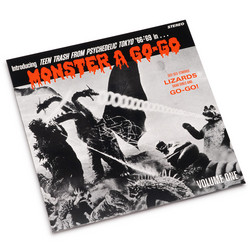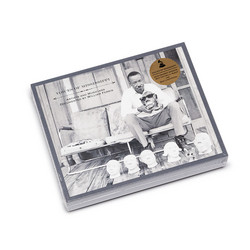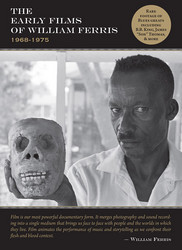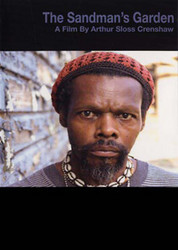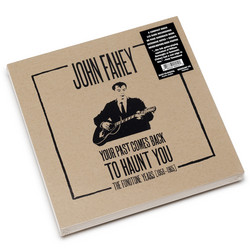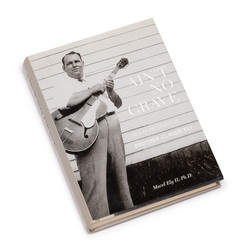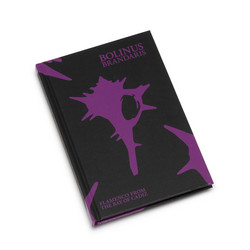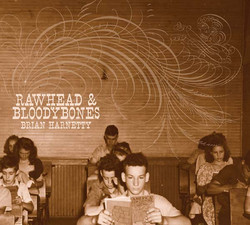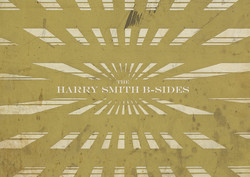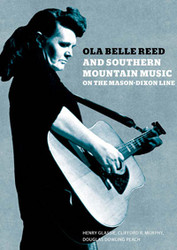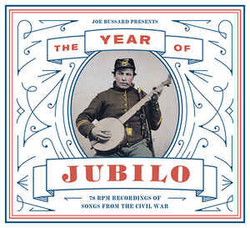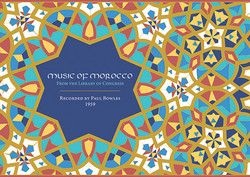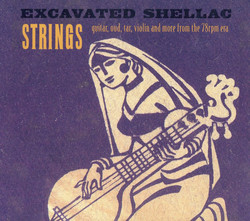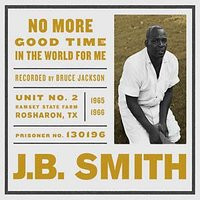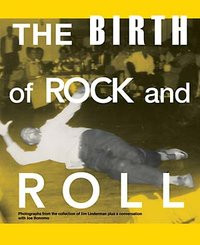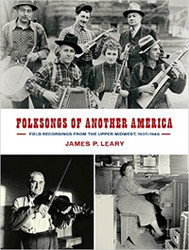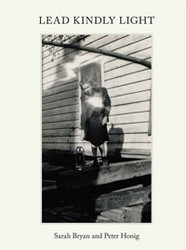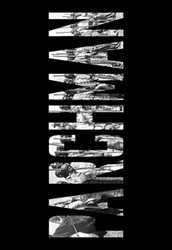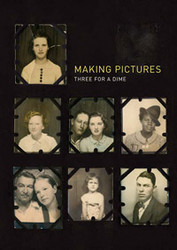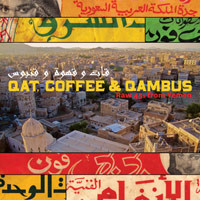Various
Excavated Shellac: An Alternate History Of The World's Music (Box with Hardcover Book and 4 CDs)
100 recordings on 4 CDs; 184-page hardcover book printed on artbook-quality paper; Packaged in a deluxe gloss-laminated box. It begins with a South African choir from 1930 and a song about police brutality; it ends in Cuba with dreamy innuendo. This collection is about music that is often invisible in today's world, the incredible world of global recordings that aren't jazz, blues, country, rock n' roll, R&B, or "classical." This physical edition of the box set, eight years in the making, contains 100 tracks and 100 stories in an extensive, illustrated 184-page book with detailed, contextual mini-histories about both musical origins and the beginnings of the industry, touching on the complexities of colonialism, economic agendas, and cultural tourism. With nearly all of the tracks never before reissued, this collection expands upon and acts as a companion to Jonathan Ward's Excavated Shellac website, a unique repository of music, history, and data on 78 rpm recordings from around the world, rarely heard and seldom seen. 100 recordings on 4 CDs; 184-page hardcover book printed on artbook-quality paper; Packaged in a deluxe gloss-laminated box.
Jonathan Ward is a Grammy-nominated producer and compiler of early recordings from around the world on CD and LP, and the founder of the Excavated Shellac website, a resource on early global music history. His releases include the 4CD box set Opika Pende: Africa at 78rpm (Dust-to-Digital, nominee for Best Historical Album, DTD 022CD), and the ongoing Excavated Shellac series on LP and CD. His writing can be found on his website, and his work has been featured on NPR, and in the Los Angeles Times, the New York Times, as well as Mojo, Uncut, Signal to Noise, and other music-related magazines and journals.
Features Caluza's Double Quartet, Los Chinacos, Itokazu Kame, Cheikh Saïd Relizani, Enosse Kuhanya Muni, Bonfiglio de Oliveira, Giovanni Vicari, K. S. Narayana Ayyengar, Hosseingholi Tatayy, Ne'matjon Qulabdullaev, Che Ta'seah, Demka dhe Hajro e Shoket, Liam Walsh, Sule Radosavljevič-Sapčanin, Klaudiya Kotok and E.M. Shishova, Fr. Dukli Wiejska Banda, Triki-Trixa de Zumarraga, Margarida, Cantadeira de Paredes, Andrés Chazarreta y su Orquesta Tipica de Arte Nativo, Cuadro Gitano La Coja, Concha Maya, Cuarteto Caraquita, Sein Bo Tint, Park Booyong, Ali Muhammadi, Hanns in der Gand, Chimudon, Mashibato, and Togus Ziguradan, Muhammad Rashid al-Rifa'i, Negatoua, Picoğlu Osman, Miyagi Michio, Yoshida Kyoko, Miyagi Kiyoko, Paulos Dikito, Saez y Hermanos Ascuez, Grupo Istmeño, Orchestre Franco-Creole, Khaledi and Zahedi, Mita Stoyecheva, Myskal Omurkanova, Miss Thông, Vassyl Yemetz, Abaimbi be Kanisa Lutiko eye Namirembe, Nicholas De Heer, Tamarii-Tahiti, Count Lasher, Paykān, Zohra El Fassia, Gavino de Lunas, Coro de Ruada, Crimean Tatar Orchestra, Júlio Silva, Salim Abdullah, Adja Mint Aali, Siddiq and Party, Khan Shushinski, J. Joseph and Mary, Ewert Åhs, Orchestre Créole Delvi, Trio Medellín, Pasquale Taraffo, Cayla and Demay, Dachauer Bauernkapelle "Strassmaier", A. Megrelidze and the Georgian Radio Folk Song Ensemble, Tiwonoh and Sandikola, Sears Orchestra, Pov Siv Nou and Pov Van Chorn, Toba Batak ensemble, Emmanuele Cilia, Mayfair Band, Wei Zhongyue, Subeit bin Ambar, Koni Coumaré, Yusuf Taj, Monks of the Maru Monastery at Lhasa, Francis Salomon, Philip Tanner, Hernández Brothers, Sigbjørn B. Osa, Durban Lions, Tunde King, El Haja Rouïda, Margareta Radulescu, Tom Clough, Superba Molassana, Valentin Eugenio, San Salvador, Rakotondrasoa and Manjakaray, Elenkrig's Orchestra, Ahmet Hulûsi Bey, Setrak Sourabian and George Shah-Baronian, Miss Phuaphan and Miss Pleng with the Organ-Phinphat Ensemble of Bang Khun Phrom Palace, Angus Chisholm, Kolompár Peti Cigánybandája, Atan and Sak Ena, Al Hadj Taha Abu Mandour, Gonxhe Manakovska, Saramacca Band, Kawîs Axa, Garifulla Kurmangaliyev, Ishmulla Dilmukhametov, Abrew's Portuguese Instrumental Trio, and Sexteto Habanero.
